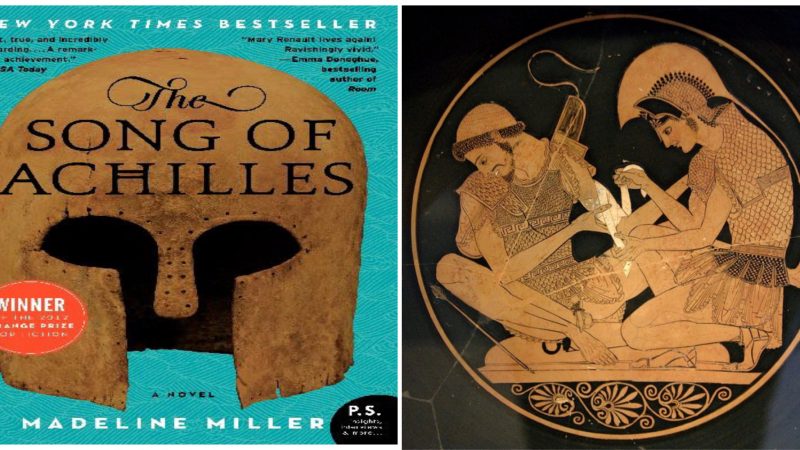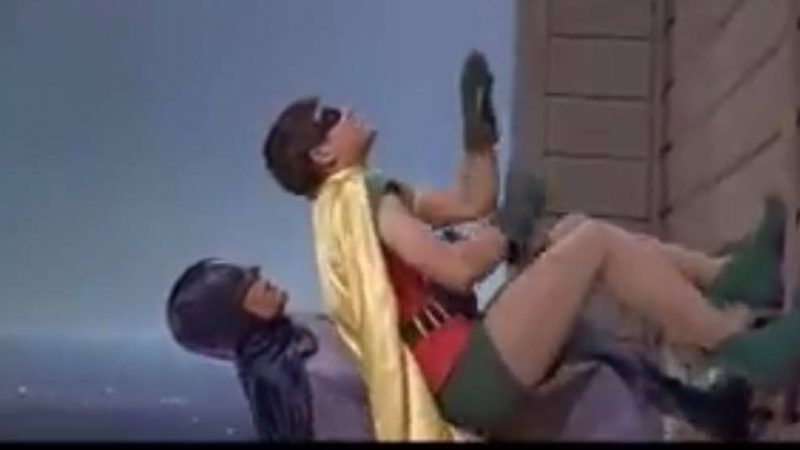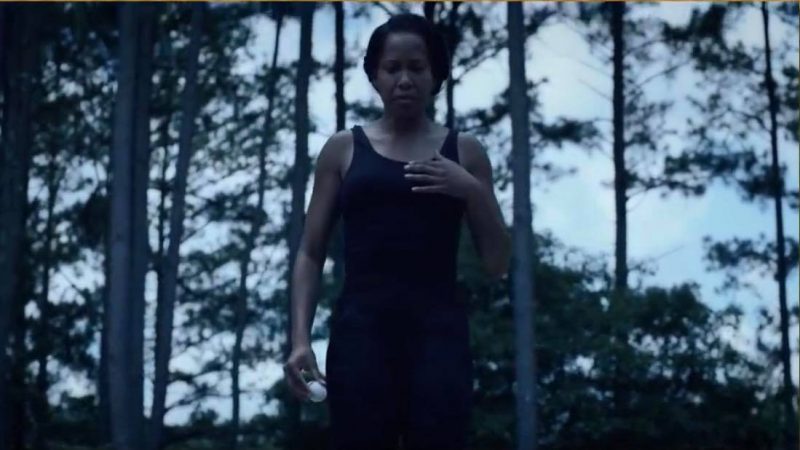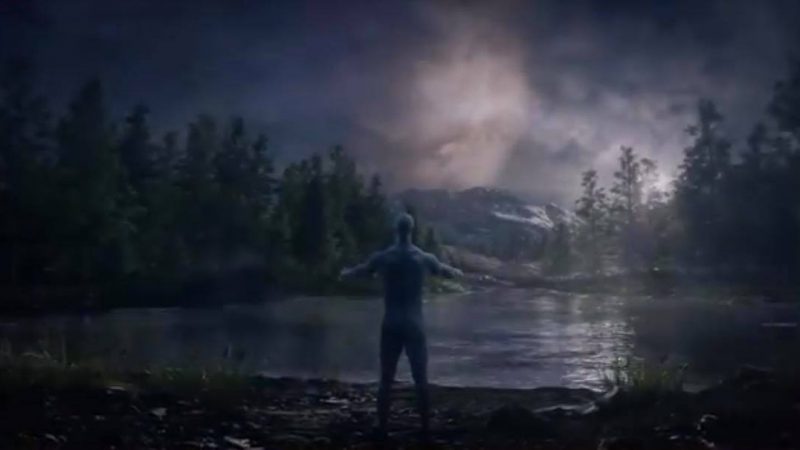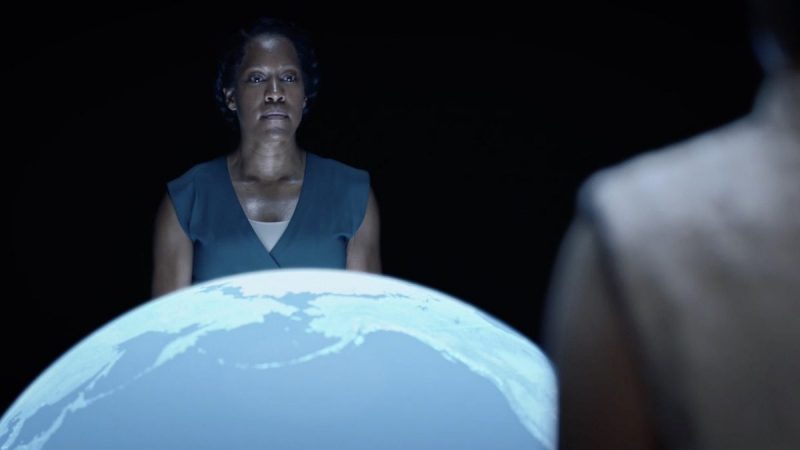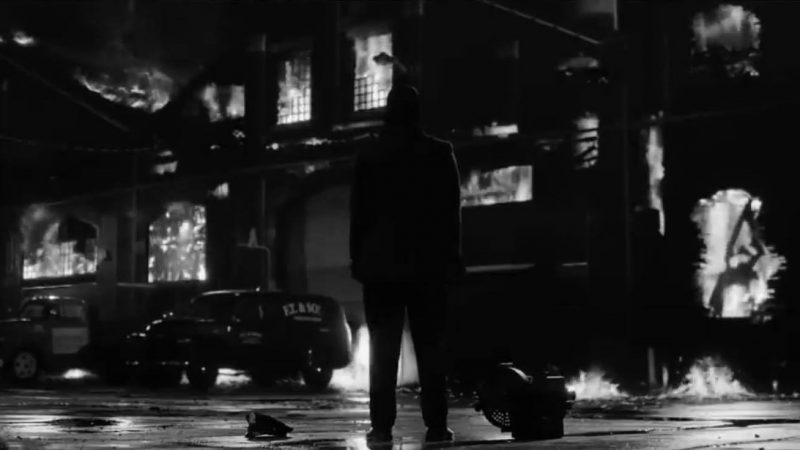HBO’s Upcoming ‘Watchmen’ Has a Chance to Disavow Fascism. Will It?
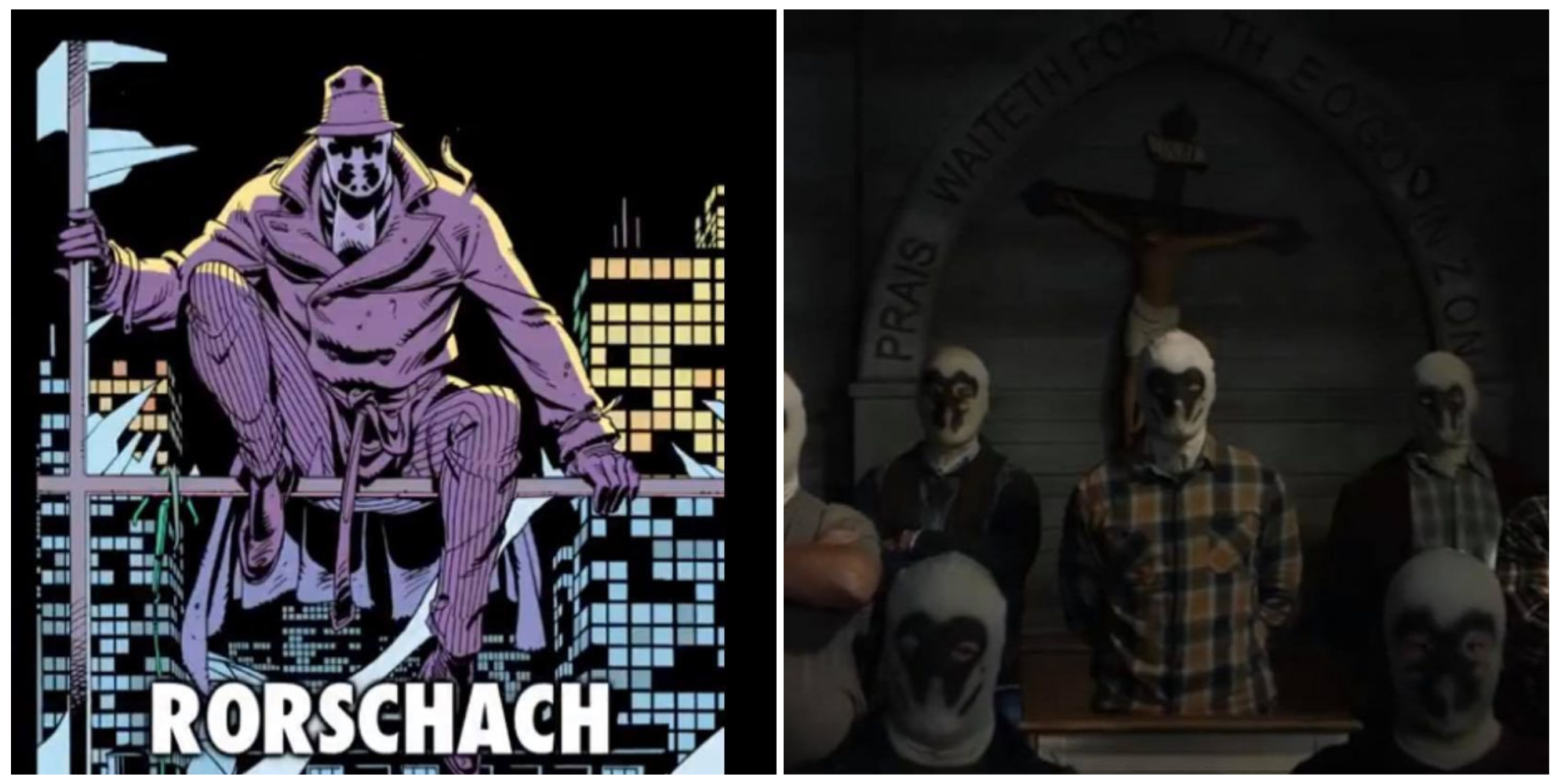
(Warning: Spoilers ahead for a book that’s been out 30 years)
Comic book giant Alan Moore doesn’t have the greatest track record when it comes to the legacy of his political metaphors. He is the creator of V, the eponymous vigilante of V for Vendetta, whose signature Guy Fawkes mask became the symbol for Anonymous, an ideologically incoherent group whose members, as I’m sure my reader will recall, ran the political gamut. Left- or right-wing, clever anarchists insisted on seeing themselves in this violent, abusive antihero, and their use of his symbol has muddied the waters of the book’s already swampy legacy.
Is it too much to hope that HBO’s upcoming series Watchmen, set in the same universe as the genre-defining Moore comic of the same name, intentionally comments on this confusion? The trailers set up a group of white-supremacist terrorists, called the Seventh Cavalry, as the main antagonists of the series, and there is no ambiguity as to the source of the terrorists’ in-universe inspiration. They all wear masks that mimic the visually arresting look of the comic’s antihero, Rorschach.
This vigilante, dead as of the end of the original Watchmen story, was known for his violent handling of criminals (and anyone else who got in his way) and his right-wing views. The comic features narration from Rorschach’s journal, and at the end of its story, Rorschach mails this journal to a right-wing newspaper. While the comic is famous for its ambiguous final panel–an intern reaching for the envelope that includes the journal, leaving us forever in suspense as to whether Rorschach’s incendiary secrets will be let loose on the world–the show answers that question in its very trailer, which features a terrorist in a Rorschach mask paraphrasing from the journal. “Soon, they will shout, ‘save us,’ and we will whisper, ‘no.’” Maybe not quite as elegant as Moore’s original writing, but a good deal more compact.
HBO’s Watchmen (premiering Oct. 20) will take place 30 years after Moore’s story left off, in the same alternate universe. We know some colorful details: the President is Robert Redford, reparations have been passed for the descendants of slaves, and…white supremacist terrorists are alive and well. What a whimsical fantasy world.
The story will follow Angela Abar (Regina King), a police officer in Tulsa, where the cops all wear masks to protect themselves and their families from the terrorists. So yeah, we’ll be watching cops fight against white supremacists. Guess it is fantasy, after all.
As some advance reviewers have pointed out, a story in which the interests of police and white supremacist terrorists are opposed rather than overlapping has the potential to be deeply irresponsible in the current American political climate, even if it does take place in a clearly delineated alternate universe. I would add that the show needs to tread carefully not only with its portrayal of the police, but also with its portrayal of Rorschach.
The use of the Rorschach mask as the symbol of a supremacist movement makes logical sense; the views expressed in Rorschach’s journal are racist, sexist, homophobic, and fascist in the most literal sense of the word. Combine that with a cool mask and a legacy just mixed enough that those politically opposed to Rorschach might sympathize with his approach to crime-busting, and you have perfect Proud Boy-fodder. But this is another place where the creators of the show will need to be careful about the places where it touches the real world.
You see, the Rorschach of the comics has fans. The character is undoubtedly a psychopath, but thanks to Moore’s deft touch with characterization, he is a complex psychopath whose tragic backstory and touching moments of loyalty and vulnerability tug on the heartstrings. In fact, it’s impossible to read the entire comic and come away with complete contempt for any of its characters (with the possible exception of The Comedian, one of the most thoroughly reprehensible characters ever created).
But how much of this kind of complexity can be translated to television? Television series can be complex and intellectually engaging, of course, but there is a certain quality of complexity that is exclusive to written works. This may be the reason many have argued that Moore’s works are unfilmable, citing the unwatchable adaptations of his comics From Hell and The League of Extraordinary Gentlemen, as well as Zach Snyder’s tragically well-meaning Watchmen film (a panel-for-panel visual recreation that proved just how different the visual languages of comics and film really are). The Wachowskis’ V for Vendetta movie approached this issue by rewriting and restructuring large swaths of the story, producing one of those rare adaptations that is actually better than its source material. Still, there were elements of Moore’s trademark moral ambiguity lost in this rewrite, and the fans of the film and the fans of the comic understand the story’s imagery very differently.
The concern, here, is that Rorschach, as portrayed in the upcoming TV series, could go the way of V as portrayed in the film V for Vendetta. Film is, any critic will tell you, a visual medium, so that imagery can easily outlast the rhetoric that surrounds it. This is why it is important for a film’s (or a show’s) visual style to be integrated with its story.
Watchmen, the book, is famous because it is well-written. It shows us a world that reflects ours, but stays grounded in the humanity of its characters; everyone in the story, regardless of where they come from, wants to live. Everyone except Rorschach. He instead personifies the pessimistic death drive that fuels bigots to become terrorists. What remains to be seen is whether the show can capture the spirit of the book in this matter, or whether we’re going to have another trendy mask on our hands.

